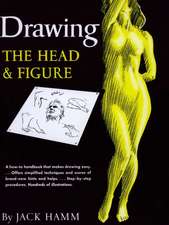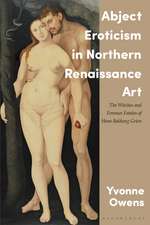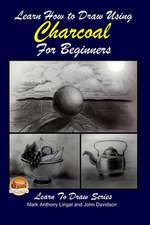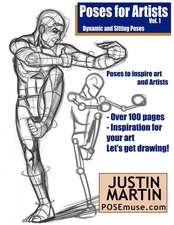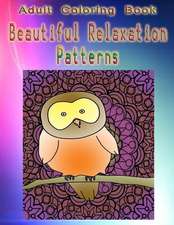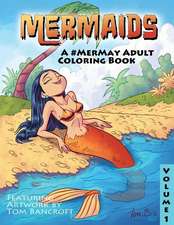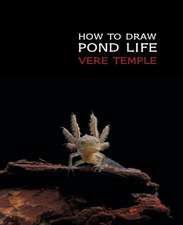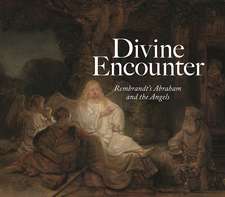Crossroads: Drawing the Dutch Landscape
Editat de Joanna Seidenstein, Susan Anderson Contribuţii de Yvonne Bleyerveld, Anne Driesse, Joseph Leo Koerner, William W. Robinson Cuvânt după de George S. Abramsen Limba Engleză Hardback – 27 sep 2022
Throughout the sixteenth and seventeenth centuries, amid enormous expansion in global commerce and colonization, landscape drawing played a key role in forging Dutch national identity. Featuring works on paper by Rembrandt, Bruegel, and Ruisdael, among dozens of other artists, this study examines how a hyperlocal impulse in many of these drawings inspired domestic pride and a sense of connection to the land, as they also reflected aspects of the broader ecological and social change taking place. Incisive essays offer close readings that push our understandings of these artists and their work in important new directions, including eco-criticism, land use and environmentalism, race, and class.
Distributed for the Harvard Art Museums
Exhibition Schedule:
Harvard Art Museums, Cambridge, MA
(May 21–August 14, 2022)
Preț: 323.20 lei
Nou
Puncte Express: 485
Preț estimativ în valută:
61.84€ • 64.74$ • 51.17£
61.84€ • 64.74$ • 51.17£
Carte disponibilă
Livrare economică 15-29 martie
Livrare express 01-07 martie pentru 75.39 lei
Preluare comenzi: 021 569.72.76
Specificații
ISBN-13: 9780300263824
ISBN-10: 0300263821
Pagini: 246
Ilustrații: 138 color + b-w illus.
Dimensiuni: 279 x 248 x 24 mm
Greutate: 1.57 kg
Editura: Yale University Press
Colecția Harvard Art Museums
ISBN-10: 0300263821
Pagini: 246
Ilustrații: 138 color + b-w illus.
Dimensiuni: 279 x 248 x 24 mm
Greutate: 1.57 kg
Editura: Yale University Press
Colecția Harvard Art Museums
Notă biografică
Joanna Sheers Seidenstein is the Stanley H. Durwood Foundation Curatorial Fellow, and Susan Anderson is curatorial research associate for Dutch and Flemish drawings, both in the Division of European and American Art at the Harvard Art Museums, Cambridge, MA.
Descriere
An investigation into how landscape drawing informed a new Dutch identity in the sixteenth and seventeenth centuries


